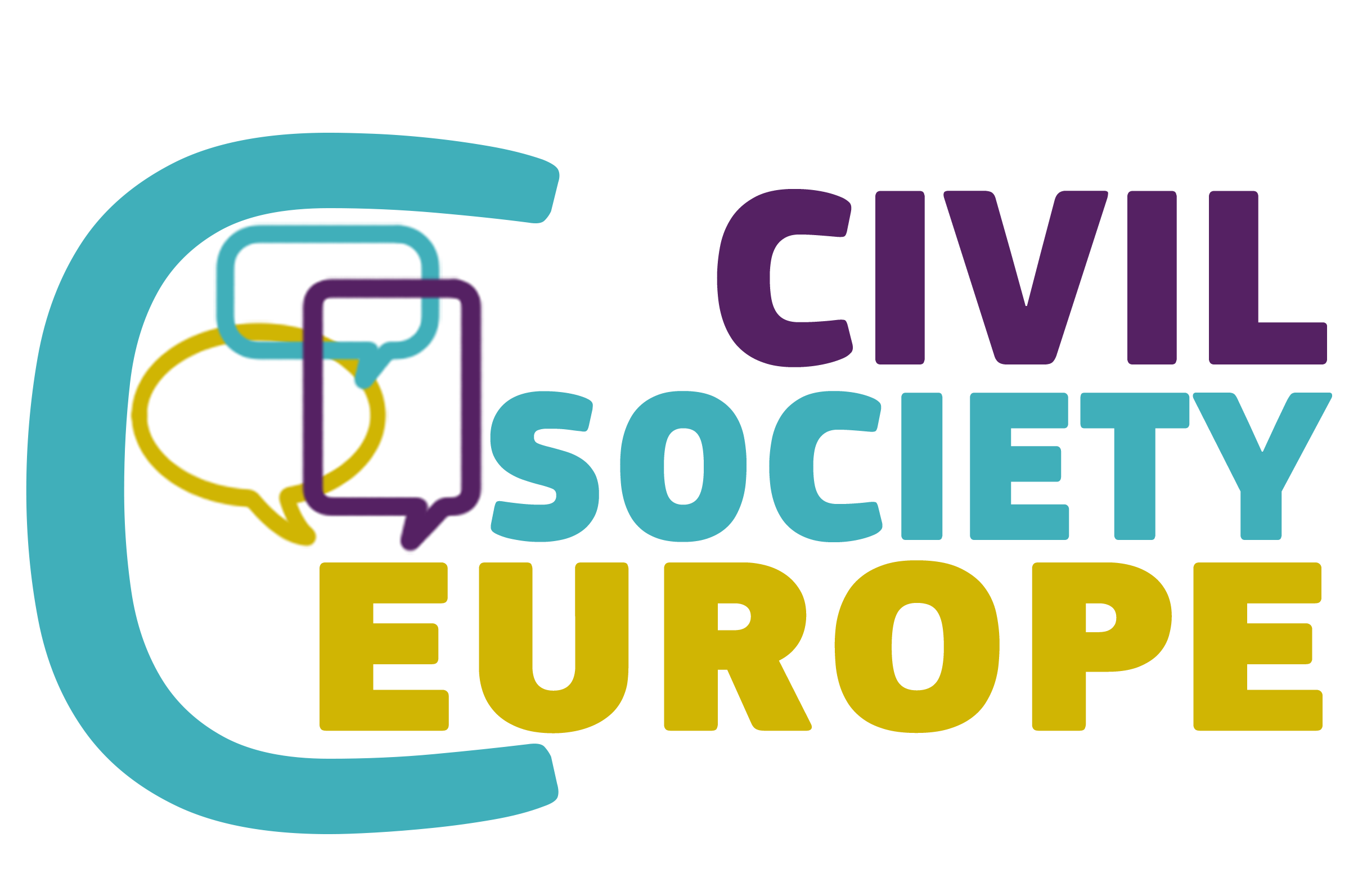Civil Society Europe responded together with a loose coalition of Not for Profit Organisations to the consultation on the European Commission Action Plan for a comprehensive Union policy on preventing money laundering and terrorism financing focusing from the perspective of the civil society sector.
Non-profit organisations participate to the fight against money laundering and terrorism financing through their watchdog role and activities promoting social inclusion, education, employment, humanitarian assistance. The Not for Profit Sector is also contributing with own due diligence efforts and staff training , self regulation and through many of its sectors activities and programmes to identify and mitigate potential risks. In this context, there is increasing evidence as the outcomes of the National and Supranational Risk Assessments show that risks related to Not for Profit Organisations have been lowered in recent years. Not for Profit Organisations are generally legitimate actors and many of their activities contribute to lowering of or preventing criminal behaviour in our societies.
The implementation of the EU AML and CFT policy has had unintended consequences and a chilling effect on the important work of civil society organisations. We have seen for example overly tight reporting requirements, barriers to cross-border philanthropy, banks not serving parts of the sector or , unjustified freezing of bank accounts happening.
Therefore we consider that clear guidance from the EU level could facilitate a more consistent implementation at national level, while employing a risk- based approach towards the NPO sector, without imposing general measures that may restrict or hamper the legitimate public benefit activities of organisations within the EU or beyond.
According to the Anti Money Laundering directive itself, civil society organisations have an important watchdog role and measures that would restrict their civic space would limit their ability to perform this role. While considering different policy options, we recall that the European Commission should carefully assess and weigh in the fundamental rights component.
We call for a close consultation with relevant stakeholders, including civil society organisations and the philanthropy sector. It is also of crucial importance that any new policy options would follow the full procedure laid down in Better Regulation rules, including the appropriate impact assessment on fundamental rights implications.
Please find here our joint policy paper supporting our contribution to the European Commission consultation.


